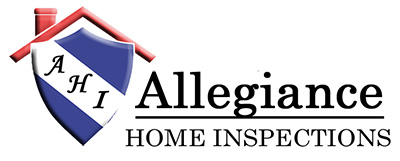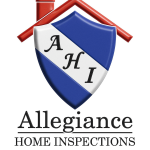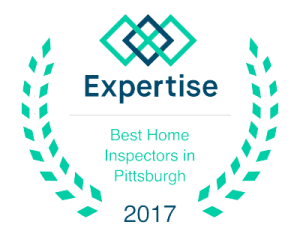Absolutely, Joshua. Here’s a professionally refined and SEO-optimized version of your Pittsburgh Mold Testing & Inspections page. I’ve improved clarity, flow, keyword density, and mobile readability while preserving your informative tone and local relevance.
🧪 Pittsburgh Mold Testing & Inspections: What You Need to Know
🌫️ What Is Mold?
Mold is a type of fungus that thrives in damp, humid environments. While many molds are harmless, some can release airborne spores that trigger respiratory issues, allergies, and other health concerns. Exposure to mold—especially indoors—can pose serious risks to vulnerable individuals.
🏠 Where Does Mold Grow?
Mold can grow anywhere moisture is present. Common problem areas include:
- Bathrooms
- Basements
- Kitchens
- Around plumbing leaks or water damage
- Areas with high humidity
- Poorly ventilated spaces (closets, attics, crawlspaces)
🔍 Why Is Mold Testing Important?
Mold isn’t always visible. If you suspect a problem, professional mold testing can detect hidden growth and airborne spores using specialized tools. Early detection helps prevent health risks and costly remediation.
🧰 What’s Involved in a Mold Inspection?
A certified mold inspection typically includes:
- Visual assessment of high-risk areas
- Moisture meter readings to detect hidden dampness
- Air sampling and surface swabs to identify mold types
- Lab analysis of collected samples
- Detailed report with findings and recommendations
Explore our Mold & Moisture Evaluation Services.
🩺 Health Effects of Mold Exposure
The impact of mold varies based on exposure level, mold type, and individual sensitivity. Common symptoms include:
- Respiratory issues (asthma, wheezing, chronic cough)
- Allergic reactions (sneezing, skin rashes, itchy eyes)
- Headaches and fatigue
- Memory loss or neurological symptoms in severe cases
👥 Who’s Most at Risk?
Certain groups are more vulnerable to mold-related health problems:
- Pregnant women
- Children and infants
- Seniors
- Individuals with asthma or allergies
- People with compromised immune systems
🛡️ How to Protect Your Home from Mold
Preventing mold starts with moisture control. Here’s how:
- Use dehumidifiers in damp areas
- Fix leaks promptly
- Ventilate bathrooms, kitchens, and laundry rooms
- Clean up water damage immediately
- Inspect your home regularly for signs of mold
- Schedule professional mold testing if you suspect a problem
🧼 What to Do If You Find Mold
Small patches of mold can often be cleaned with household products. For larger infestations or mold in hidden areas, hire a certified mold remediation company to ensure safe and thorough removal.
📊 Mold in Pittsburgh: What the Data Suggests
Pittsburgh’s climate—marked by high humidity, frequent rainfall, and older housing stock—creates ideal conditions for mold growth. While exact percentages vary by source, local health officials and inspectors consistently report elevated mold risks in the following areas:
- Basements — prone to moisture intrusion and poor ventilation
- Bathrooms — high humidity and plumbing leaks are common triggers
- Kitchens — especially around sinks, dishwashers, and under cabinets
- Attics & Crawlspaces — often poorly ventilated and overlooked
- Bedrooms — less common, but possible near windows or exterior walls
The Allegheny County Health Department emphasizes moisture control and early detection as key strategies for preventing mold-related health issues. Regular inspections and prompt remediation can help protect your home and your family.
📞 Schedule Your Mold Inspection Today
Protect your home and your health. Allegiance Home Inspection offers certified mold testing across Pittsburgh and surrounding counties.
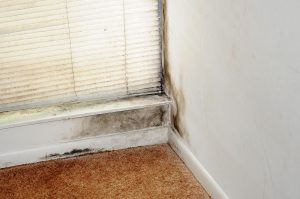
+
